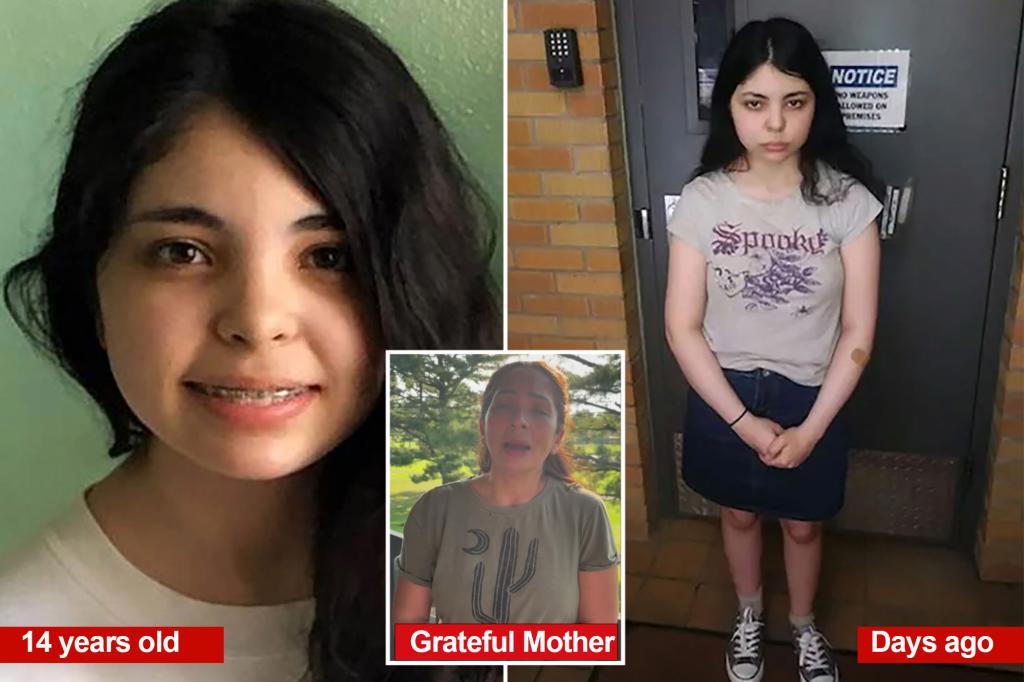Alicia Navarro, now 18, walked into a police department in a tiny Montana town 40 miles from the Canadian border and identified herself as the teen who was reported missing in September 2019, Glendale police said Wednesday.
The teenager — who was described as autistic but high-functioning in her missing person’s report — left her Glendale home overnight on Sept. 15, 2019, at just 14 years old.
Glendale police said they are investigating how the teen got to Montana and whom she has been staying with over the past four years as many questions remain unanswered.
They said Navarro ran away from home under her own free will and has been cooperating with their investigation.
She also told police that no one has harmed her and she appeared to be healthy.
She is asking for privacy so she can move on with her life, Santiago said.
Really werid, wonder how she managed to survive for four years but I hope the investigation finds out the she was simply extremely resourceful and not something more sinister.



That would require the law to acknowledge that young people have free will… Which it only does when they commit crimes.
Mens rea and cognitive ability to consent/form intent is a very interesting subject, especially when it comes to minors. Society supersedes its judgement for the judgement of the minor where the minor is deemed not to have the sufficient mental capacity to consent to an action with full understanding of the consequences and context (sometimes only acquired through age or experience). It’s usually also only exercised as a means of protecting the minors (e.g., ability to consent to sexual acts with adults when underage). Criminal acts are slightly different though as it’s generally more about the individuals (minor or otherwise) capacity to form intent to actively harm/deprive/defraud/whatever in the context of what would be normal and reasonable for someone of like experience, knowledge, and circumstance. And even then, minors have a separate legal track in acknowledgement of their inability to fully grasp context and impact (see previous point about consent above) for all but most egregious and grievous acts.